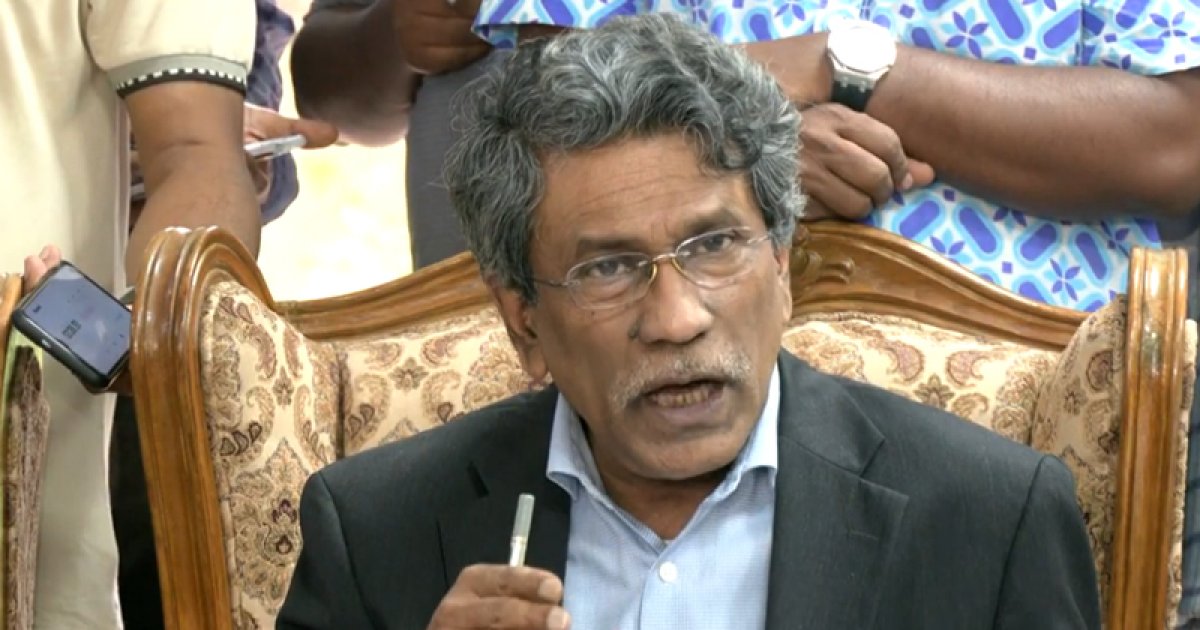Germany’s incoming chancellor, Friedrich Merz, has issued a sobering warning to citizens, acknowledging that many may face declining net incomes during his tenure. In an interview with the Bild tabloid published on April 13, Merz openly admitted that increased contributions to social security systems-specifically pensions, healthcare, and long-term care-are likely to eat into household incomes, posing a major economic and political challenge for his administration.
The remarks reflect a stark shift in tone for the Christian Democratic Union (CDU) leader, who campaigned on promises of economic stability and fiscal discipline. As Merz navigates final coalition negotiations with the Social Democratic Party (SPD), he is signaling that the financial pressures plaguing Germany’s welfare system can no longer be deferred.
“Unfortunately, that’s exactly the trend,” Merz said, when asked whether Germans could expect to see shrinking take-home pay. “We’ve failed to implement the necessary reforms over the past 30 years.”
This blunt assessment highlights a longstanding failure by successive German governments-both conservative and social democratic-to modernize and adequately fund the nation’s vast social security infrastructure. With an aging population and rising life expectancy, expenditures on pensions and healthcare have ballooned, while revenue from younger working-age contributors has failed to keep pace.
The pension system, in particular, is under increasing strain. Germany maintains a so-called “pension guarantee,” which ensures that pensions cannot fall below a certain level, regardless of demographic or economic shifts. While this has provided security for retirees, it has also placed an enormous burden on public finances-one that Merz’s incoming government has pledged to maintain until 2031, per the coalition agreement.
However, Merz warned that reform is unavoidable. He indicated that future changes to the healthcare and long-term care sectors are “on the horizon” and could result in even higher contributions from working households.
Though Merz emphasized that his goal is to improve economic wellbeing by the end of his electoral term, his admission that disposable incomes may fall contradicts expectations many voters held during the campaign. The CDU/CSU bloc had promised fiscal responsibility, but also hinted at economic relief for average workers.
Pressed on whether citizens might have less money in their pockets at the end of each month, Merz conceded, “From today’s perspective, these fears are certainly not unfounded.” Yet he remained optimistic: “It will be our task to dispel these fears and do the right thing so that at the end of this electoral term, people say: We are better off than at the beginning.”
Despite these reassurances, Merz’s acknowledgment has already fueled criticism from across the political spectrum. Many are questioning whether the CDU/CSU misled the public during the campaign, particularly on promises related to income tax relief and adherence to Germany’s stringent “debt brake.”
One of the CDU’s core campaign promises was to uphold Germany’s constitutional “debt brake,” a fiscal rule that limits structural government borrowing. But in the wake of the election, Merz’s bloc-alongside the SPD-has backed a massive €1 trillion spending package to be financed through debt. The funds are intended to support Germany’s defense sector and rebuild aging infrastructure.
This dramatic policy reversal has not gone unnoticed. “I understand that,” Merz said when confronted with accusations of hypocrisy. “This [debt package] can only be justified if we combine it with the reforms we really need in Germany. And I think we’ve written the right things in the coalition agreement.”
While the proposed debt-funded investments are aimed at revitalizing the German economy in the long term, critics argue that the approach risks undermining fiscal credibility and saddling future generations with additional debt-especially as Merz has simultaneously failed to secure income tax relief for ordinary workers.
According to Merz, the coalition agreement contains no concrete deal on personal income tax reductions-a major disappointment for middle-income earners who had hoped for financial relief amid rising inflation. Instead, the coalition has agreed to reduce corporate taxes in an effort to boost investment and global competitiveness.
This decision has sparked a backlash from labor unions and progressive parties, who argue that the government is prioritizing business interests over the financial wellbeing of working families.
“Reducing corporate taxes while telling workers to brace for lower net income is a slap in the face,” said SPD backbencher Lars Zimmermann. “The balance is completely off.”
Merz’s candid comments come at a precarious political moment. Though he is expected to be confirmed as chancellor in the coming weeks, recent polling from Ipsos shows the CDU/CSU bloc slipping in popularity. The far-right Alternative for Germany (AfD) has overtaken Merz’s party by a narrow margin, polling at 25% compared to the CDU/CSU’s 24%.
The rise of the AfD, fueled by public discontent over inflation, immigration, and social inequality, has added further urgency to Merz’s challenge. Many Germans, especially in the east, feel that mainstream parties have ignored their economic concerns for years. With the AfD exploiting these anxieties, Merz’s administration must tread carefully to avoid alienating voters even further.
As Merz prepares to officially take the reins of Europe’s largest economy, he inherits a host of economic and political challenges that threaten to define his leadership from the outset. His acknowledgment that many Germans will see declining net incomes marks a significant departure from traditional CDU rhetoric-and signals a willingness to confront hard truths.
However, whether Merz can turn his admission into meaningful reform or political capital remains to be seen. His coalition faces the daunting task of balancing fiscal responsibility with social equity-while fending off populist forces eager to capitalize on any misstep.
If Merz fails to follow through with genuine structural reform and protect middle-class interests, his term may end not with the economic uplift he promises, but with a harsher reckoning from the electorate.
Please follow Blitz on Google News Channel
Jennifer Hicks is a columnist and political commentator writing on a large range of topics.
friedrich-merz-warns-of-falling-incomes-and-rising-social-security-costs















Leave a Reply